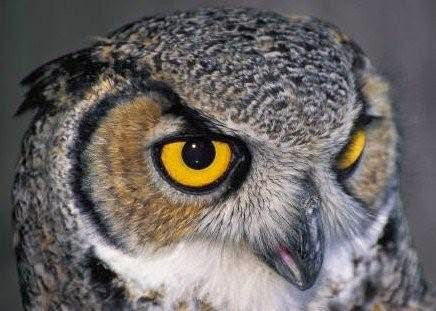 |
| Shutterstock |
This week the latest Governance Institute/IPSOS Ethic Index 2021 was released and shows a decline in the confidence of adult Australians in ethical behaviour in various industries, professions and institutions. Although a clear fall from the previous year, the rating of ethical conduct remains higher than 2019. So what are the specific findings ?
In summary -
- Overall Australians do consider Australian society to be 'somewhat ethical' with Millenials and Generation X rating with slightly higher scores than Baby Boomers.
- Respondents to the survey were asked to rate the importance of ethics and then compare the importance to the actual perceptions of ethical behaviour.
- Health continues to rate as having high ethical behaviour with a net score of 72% similar to last year which has 73.
- Charity and and Not-for-profit sector were rated as very ethical with an ethics score of 66 from 2020.
- Public Sector as perceived as being 'somewhat ethical' with an Index score of 46 but within public sector services there were wide variations with fire services rating 85 and ambulance services scoring 79%. In contrast Judges, state,local and federal public servants and politicians were all seen to be less ethical in 2021 than 2020.
- Federal Parliament rated a very dismal ethical score of -11 and is seen as the least ethical organisation.
- Media sector had a significant fall in ethics rating falling from 22 to 2%.
- Top ethical issues are consistent with previous years. 'Corruption' is in the top position as with previous years followed by 'misleading and deceptive advertising' then 'çompany tax avoidance'.
- While corporate ethical conduct was fairly neutral, high levels of CEO pay was considered unethical.
- Climate change features strongly with the clear majority of Australians (87%) feel there is a moral obligations to take action on climate change, even if it reduces profits, results in job losses or lower jobs in the future (88%).
- Australians feel that the Federal Government has an urgent ethical obligation to take action on climate change (71%) and this has increased from 2020.
The full findings can be located at this link: Governance Institute Ethics Index 2021






